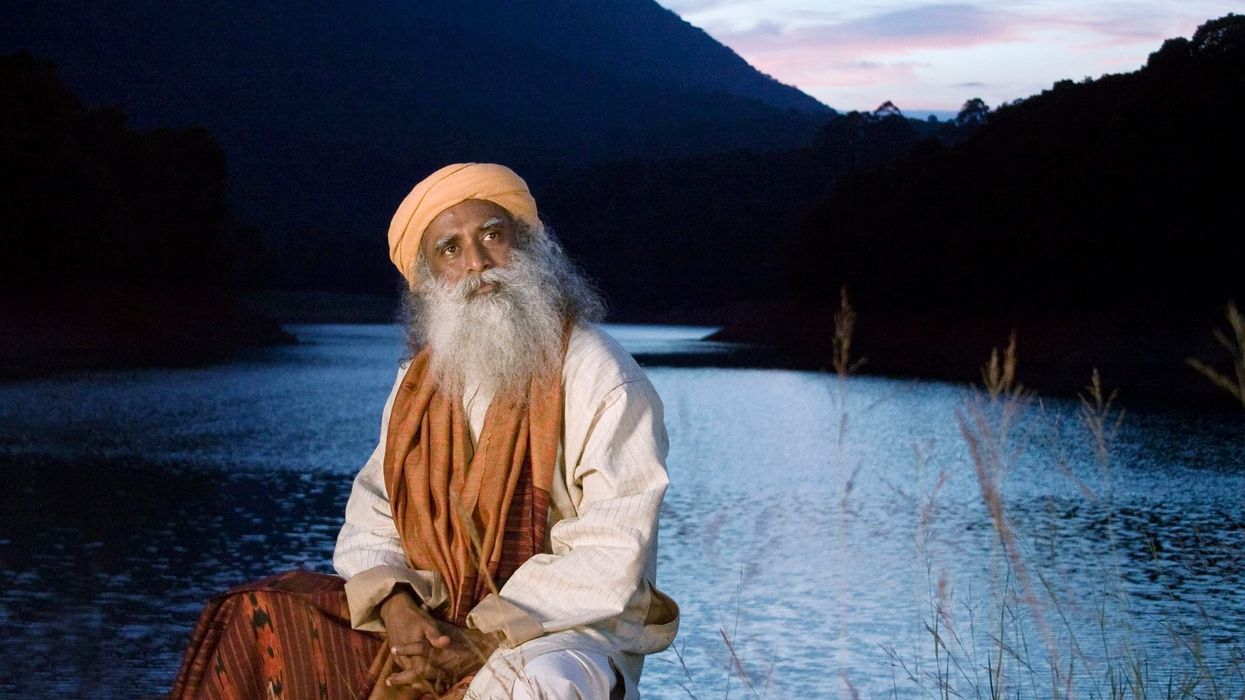FUNDAMENTALLY, kriya means internal action. When you do inner action, it does not involve the body and the mind because both the body and the mind are still external to you.
When you have a certain mastery to do action with your energy, then it is a kriya. If you do external activity we call it karma; if you do internal activity we call it kriya. Traditionally, or in the general sense of the term it is understood like this: karmas are those which bind you, kriyas are those which release you.
Whatever we do with body, your attitudes and your thought, for example today your thoughts may go in one direction. Tomorrow if another person influences you, they will go another way.
Similarly, whatever we do with your body, your body is well today so it likes asanas. Tomorrow morning if your body is stiff, you will hate asanas.
Your emotions are not reliable. At any moment they can shift from this to that. But your energies are different. Once we start working with the energy in a certain way, it has a different kind of depth to life. Suddenly, there is a different dimension to every aspect of your life because your energies have been touched and activated in a completely different way.
Kriya yoga is a very powerful way to walk the spiritual path, but at the same time it is a very demanding way. What it demands out of a person is so tremendous. It needs discipline and a certain exactness about everything. Most people don’t have the body, the mind or the stability of emotion for the kriya yoga path anymore because right from childhood, people are in too much comfort.
Comfort does not mean physical comfort. Sitting in a comfortable chair is not an obstruction – enjoy it. But your whole being is seeking comfort, which is a great obstruction. If you are seeking comfort, then that kind of mind and emotion is unsuitable for the path of kriya yoga.
If we want to teach you kriyas just as practices, I can write a book about it, and you can read and learn it; but if you want the kriya to be a live process, if we want the kriya to be imprinted into your system in a certain way, then it needs a certain discipline and dedication.
It needs a certain amount of trust to open up your energies to the other person so that you become absolutely vulnerable. He may do anything with you, and initially you will start wondering what the hell he is doing with you because the initial stages of kriyas can be such that you don’t know whether you are getting enlightened or you are going mad. You must have enough trust to sustain through those periods; otherwise kriya will be difficult.
So generally on the path of kriya, most Gurus make the disciples wait; waiting is the best way. Just make him wait, wait, and wait and still his trust does not shake, then he can be initiated into kriyas. Otherwise, once you power him in a particular way that his system is vibrant beyond normal standards, if his attitudes and emotions are not proper, he will cause immense damage to himself.
Kriya yoga is important only if you want to do things beyond realization. If your interest is only to somehow escape this prison and get away, you just want enlightenment or mukti, then you don’t really have to walk the kriya yoga path. Kriyas can be used in a small way, it need not be too intense. If you follow the path of kriya very intensely, without guidance it may take a few lifetimes to mature. If there is somebody alive who can do things with you, then it can happen in this life.
Otherwise kriya is a little roundabout way, but here you are not only seeking realization, you also want to know the mechanics of life-making. You want to know the engineering of how life is built – what to do about it. That is why it is a much longer process.
Ranked among the 50 most influential people in India, Sadhguru is a yogi, mystic, visionary and bestselling author. He was honoured with the Padma Vibhushan, India’s highest civilian award, in 2017, for distinguished service.



